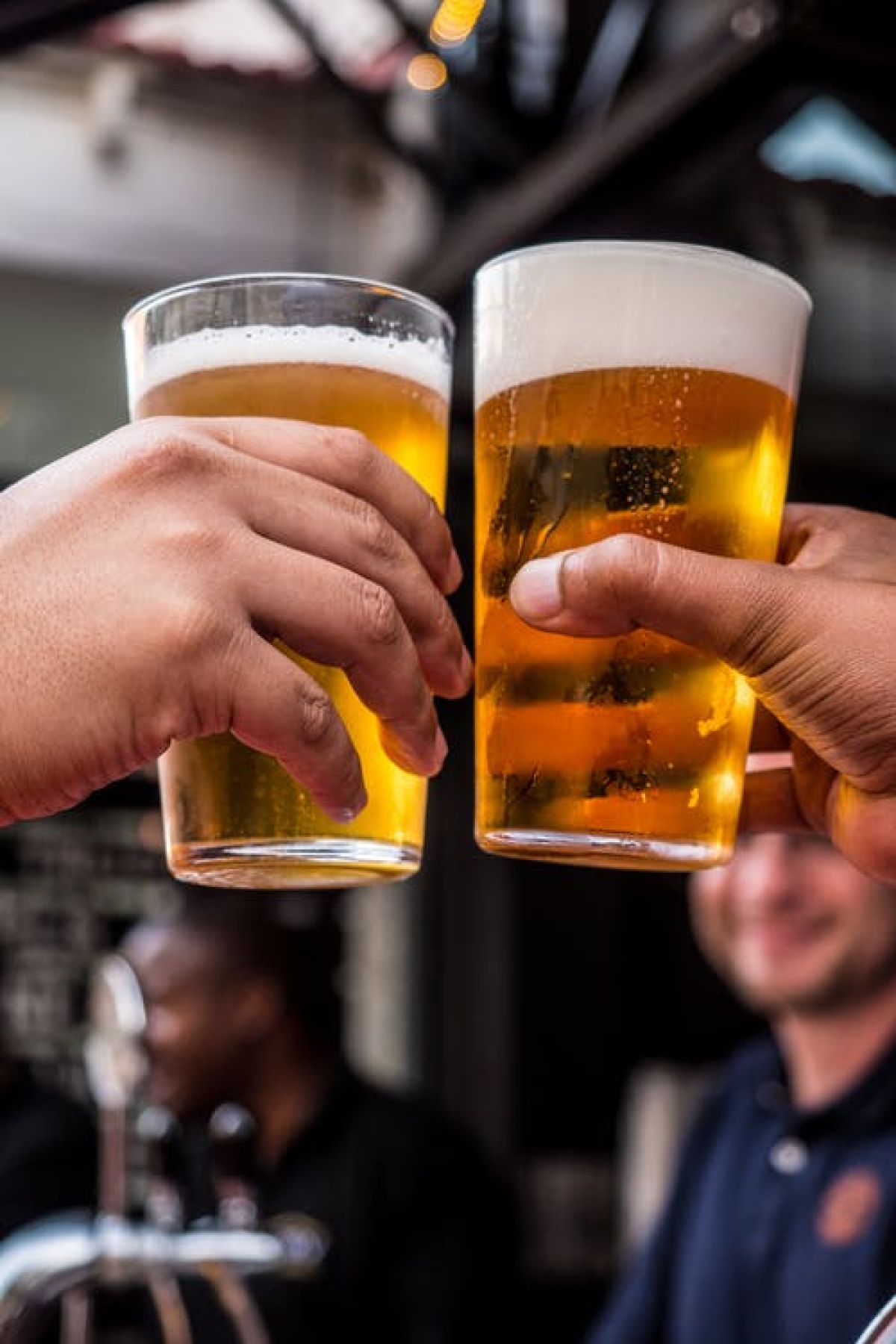
A recent survey by the National Union of Students (NUS) has revealed the extent to which students are drinking in 2018.
The study showed that around 20% drink in order to get drunk about once a week, with a further 21% saying they have either stopped, or never started drinking.
With freshers’ week culture being criticised by some for promoting a certain ‘type’ of student, it is unsurprising that the study revealed 76% to say they felt there is an expectation for students to get drunk. 79% agreed that getting drunk is part of university culture.
This expectation poses the idea that many students only drink in order to fit in and feel part of a culture at university, rather than doing it because they want to. Yet, the NUS highlight the success of campaigns to decrease drinking culture on campuses in recent years.
The Union has attributed this decrease partly to students accruing ‘so much debt’ – referring to the means tested loan that students repay when they graduate. The NUS Vice President (Welfare) Eva Crossan Jory said that “the cost of living crisis facing students now also means after bills and food it may not be possible for students to spend on others things such as nights out or drinks.”
The study was published in line with a wider survey looking into young people’s drinking more generally. It revealed that young people are now the most likely age group to not drink at all; with 27% of 16-24 years being teetotallers compared to 21% of the wider adult population.
This also compares favourably to previous years. The percentage of young people not drinking at all has increased 8% in the last year, while the figure fell by 5% for those aged 65 and over.
However, the figures revealed that young people who do drink, are more likely to binge drink, rather than drink little and often like older generations.
The statistics from the Office of National Statistics also revealed that in the last two years, a higher percentage of women aged 16-24 have exceeded their recommended daily intake on their heaviest drinking day (14% compared to 13% of men). The change over the last twelve years has also been less dramatic for women than for men, decreasing by 4% and 9% respectively.
When regions were compared, the North West was beaten only by Yorkshire and The Humber as having the highest percentage of drinkers who exceed their daily recommended limits. The region includes some of the UK’s biggest Universities (for example the Universities of Manchester and Liverpool), which may contribute to 10% of its adult population exceeding 12 units for men, and 9 units for women, at least once a week.
The North West region also has a higher than average percentage of adults not drinking at all (sitting at 20%). This suggests that across the country, drinking is becoming a polarised habit, with people either choosing to regularly binge drink, or avoid alcohol at all costs.







